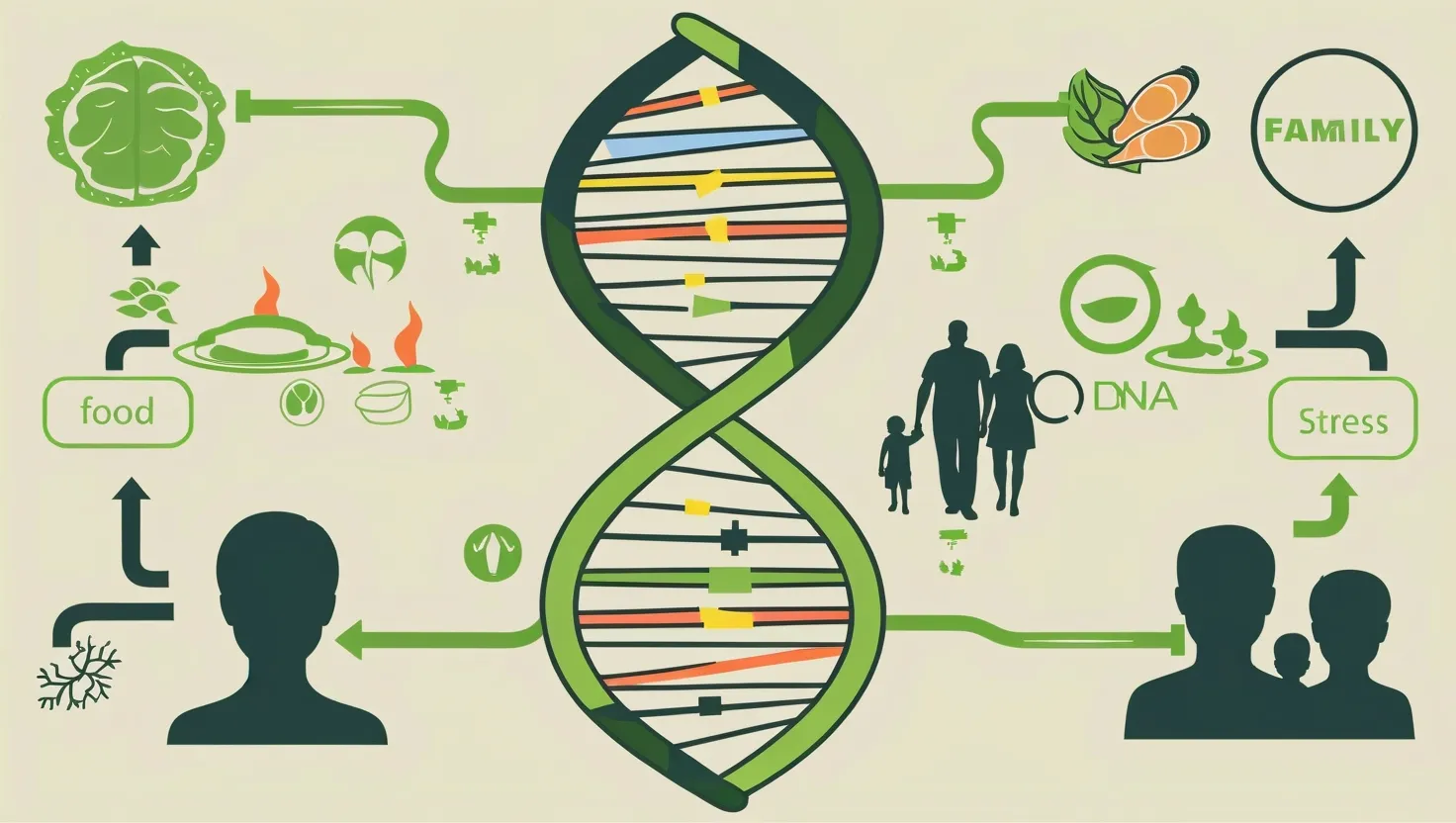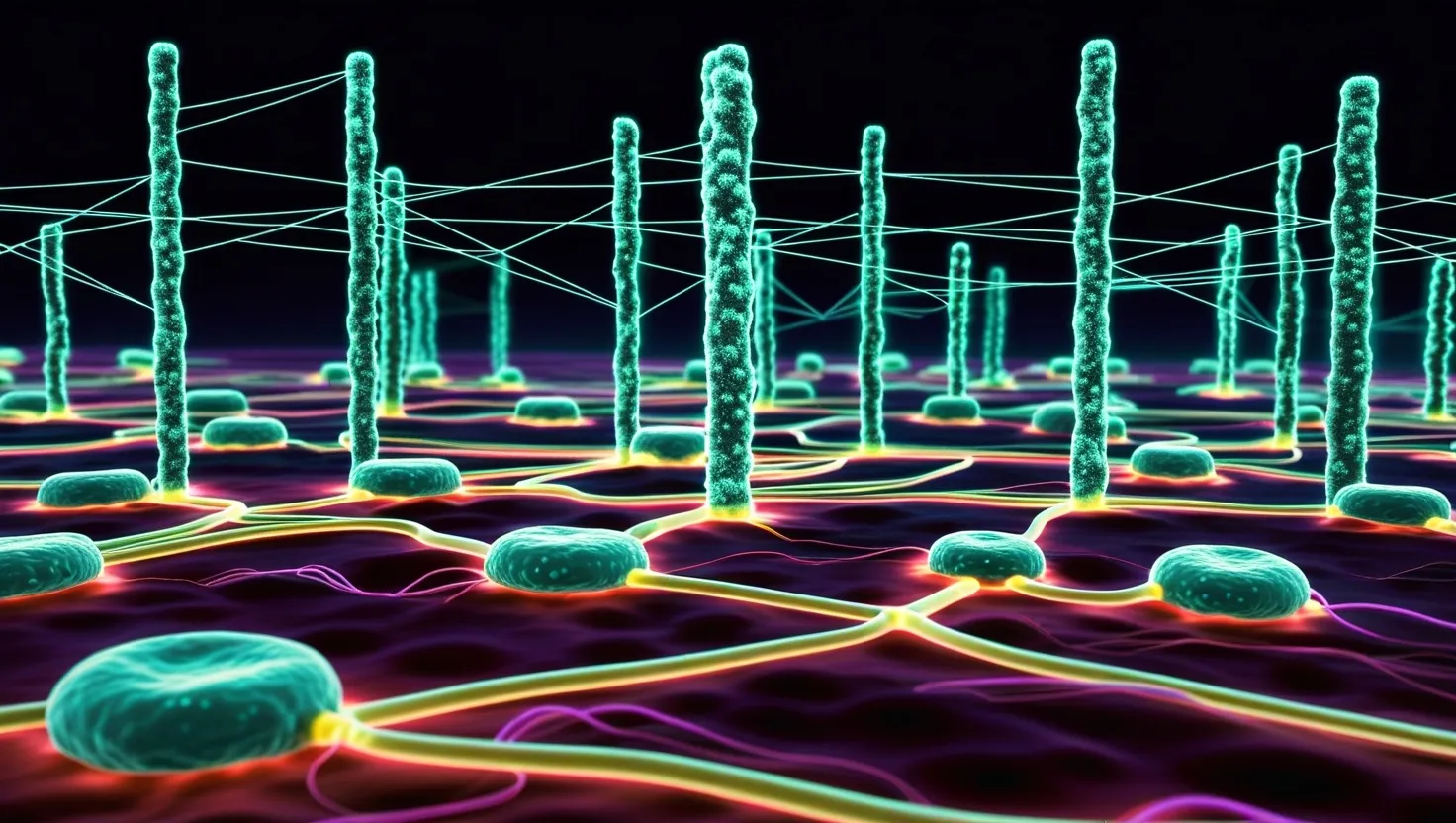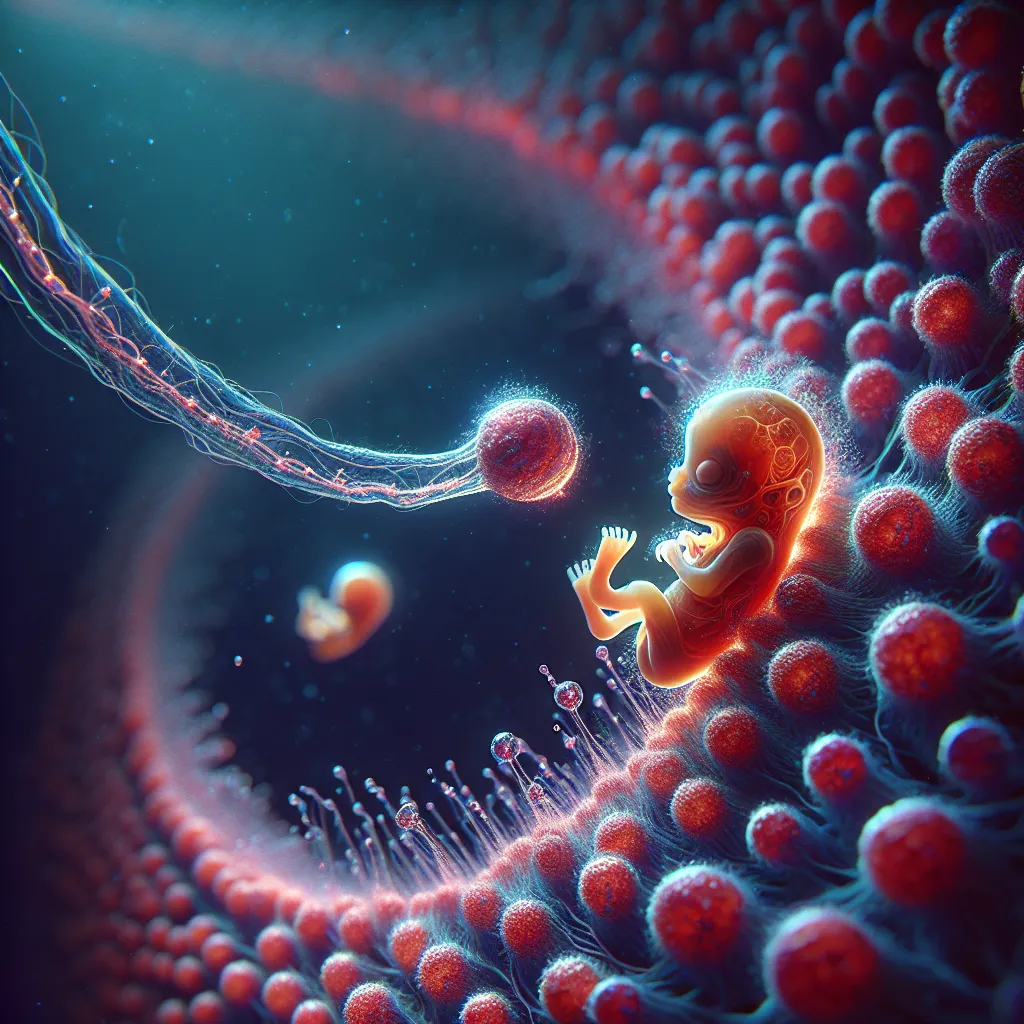As I delve into the fascinating realm of epigenetics, I am struck by the sheer magnitude of recent discoveries that are reshaping our understanding of heredity. For centuries, the traditional view of genetics has been that our genes are the ultimate determinants of our traits and health. However, epigenetics has introduced a new layer of complexity, revealing that environmental factors, lifestyle choices, and even our ancestors’ experiences can influence how our genes are expressed.
One of the most groundbreaking concepts in epigenetics is transgenerational epigenetic inheritance. This idea challenges the long-held belief that only DNA sequence changes are heritable. Instead, it suggests that environmental stresses and other external factors can lead to epigenetic changes that are passed down through generations. For instance, studies on invertebrates like the worm Caenorhabditis elegans have shown that environmental stresses can result in RNA-based mechanisms that confer resistance to pathogens in offspring. While this is more evident in invertebrates and plants, there are intriguing examples in mammals as well, such as the Agouti mouse, where diet-induced changes in DNA methylation can affect coat color in subsequent generations.
The impact of environmental factors on gene expression is another area where epigenetics has made significant strides. The work of scientists like Waddington, who exposed fruit flies to different environmental conditions, demonstrated that these changes not only affect the development of the flies but can also be inherited by their offspring. This discovery expanded our understanding beyond the classical Mendelian model of inheritance, where only changes in DNA sequence were considered heritable. Today, we know that environmental factors, particularly during critical periods of development, play a crucial role in shaping an individual’s development and potentially influencing behavior and physiology.
Epigenetic clocks have also emerged as a powerful tool in understanding biological aging. These clocks measure DNA methylation at specific genomic regions to predict an individual’s biological age, which can differ significantly from their chronological age. For example, studies have shown that individuals with Down syndrome have a higher epigenetic age, while centenarians and their offspring tend to have a lower epigenetic age. This concept is not just about predicting age; it has profound implications for healthcare, as it could help identify individuals at risk of age-related diseases and monitor the effectiveness of interventions aimed at slowing down biological aging.
The role of epigenetics in cancer development and treatment is another frontier where significant progress has been made. Epigenetic changes, such as DNA methylation and histone modification, can silence tumor suppressor genes or activate oncogenes, leading to cancer. Understanding these mechanisms has opened up new avenues for cancer treatment. For instance, drugs that target epigenetic enzymes, such as DNA methyltransferases and histone deacetylases, have shown promise in treating various types of cancer. The recent breakthrough in how the DNA copying machine maintains epigenetic information during cell division provides crucial insights into how these changes are propagated and how they might be targeted for therapeutic interventions.
Lastly, epigenetic reprogramming in stem cells is an area that holds immense potential for regenerative medicine and biotechnology. Stem cells have the unique ability to differentiate into various cell types, and epigenetic reprogramming is key to this process. By understanding how epigenetic marks are established, maintained, or erased during cell differentiation, scientists can better control the fate of stem cells. This knowledge can be used to generate specific cell types for tissue repair or to model diseases in the laboratory, providing new insights into disease mechanisms and potential treatments.
As I reflect on these discoveries, it becomes clear that epigenetics is not just a niche field within genetics; it is a revolution that is fundamentally changing how we understand heredity and health. The interplay between our genes and the environment is far more complex and dynamic than we ever imagined. This new understanding opens up exciting possibilities for personalized medicine, where treatments can be tailored not just to an individual’s genetic makeup but also to their unique epigenetic profile.
Moreover, the implications of epigenetics extend beyond the realm of medicine. It challenges us to rethink our relationship with the environment and our lifestyle choices. If our diet, stress levels, and exposure to toxins can influence our genes and those of our offspring, then we have a greater responsibility to live in a way that promotes health across generations.
In conclusion, the groundbreaking discoveries in epigenetics are not just scientific advancements; they are a call to action. They remind us that our health and well-being are not predetermined by our genes alone but are influenced by a complex interplay of genetic, environmental, and lifestyle factors. As we continue to explore the intricacies of epigenetics, we are not just expanding our knowledge; we are also gaining the tools to shape our future in ways that were previously unimaginable.






